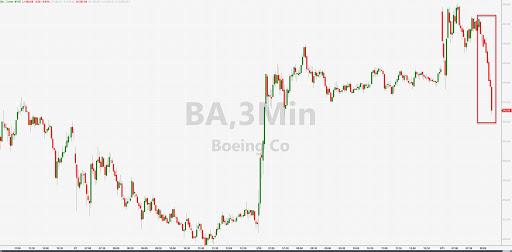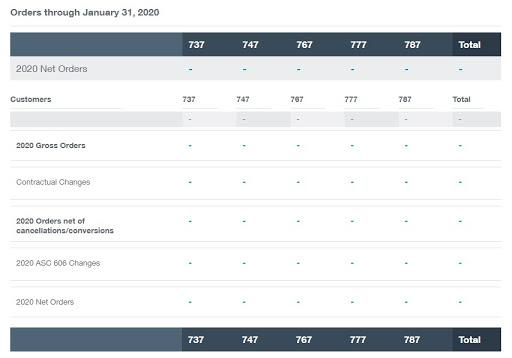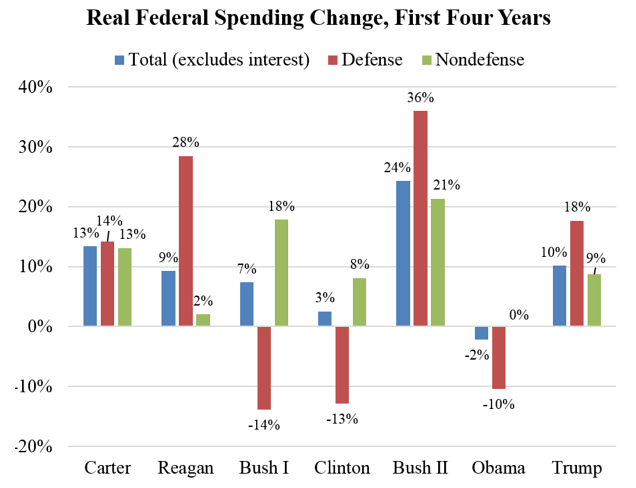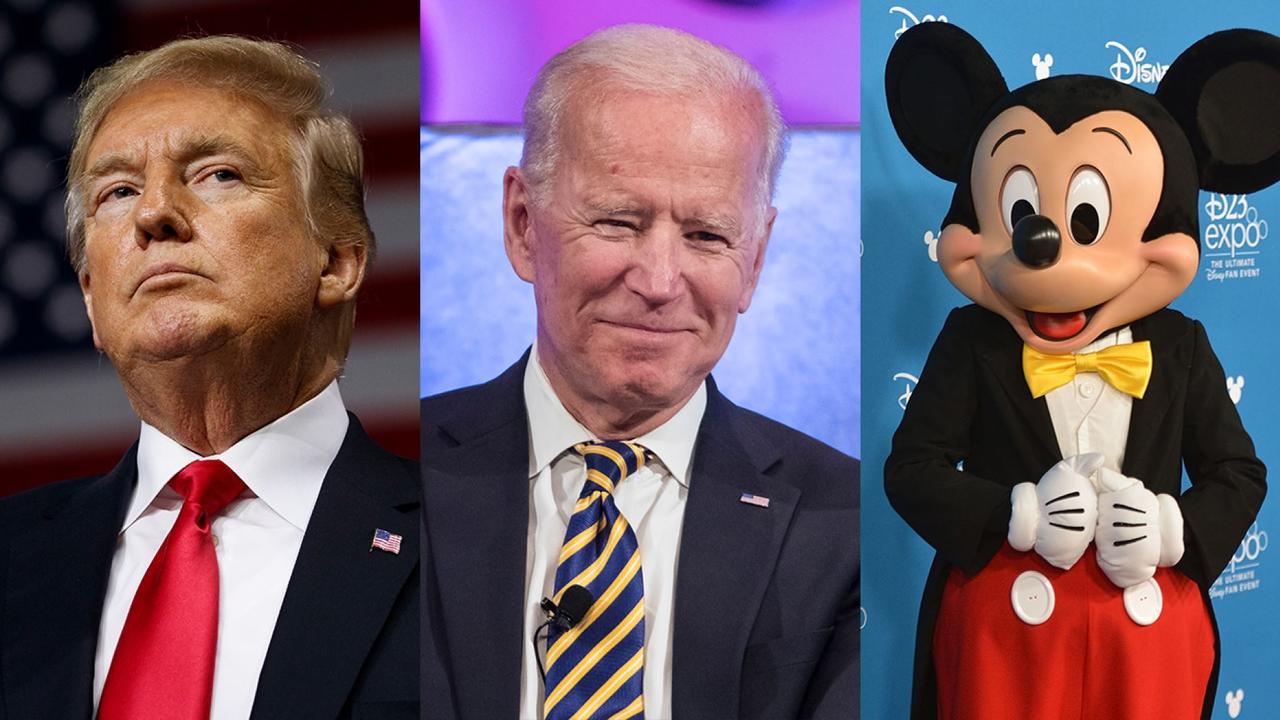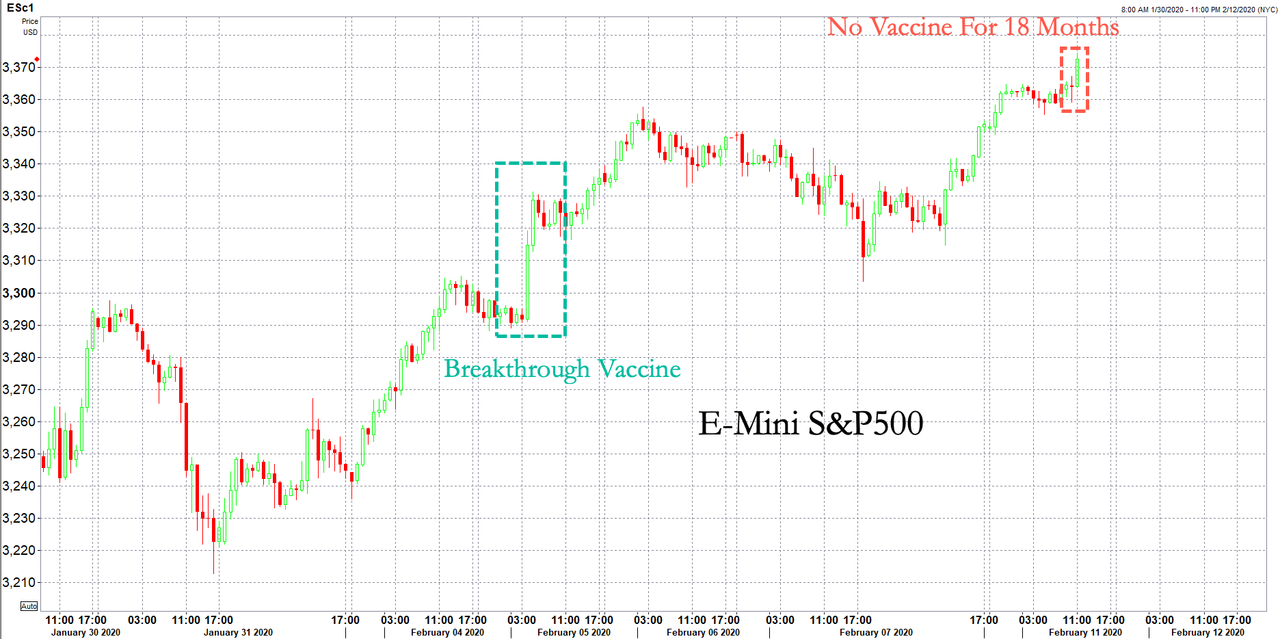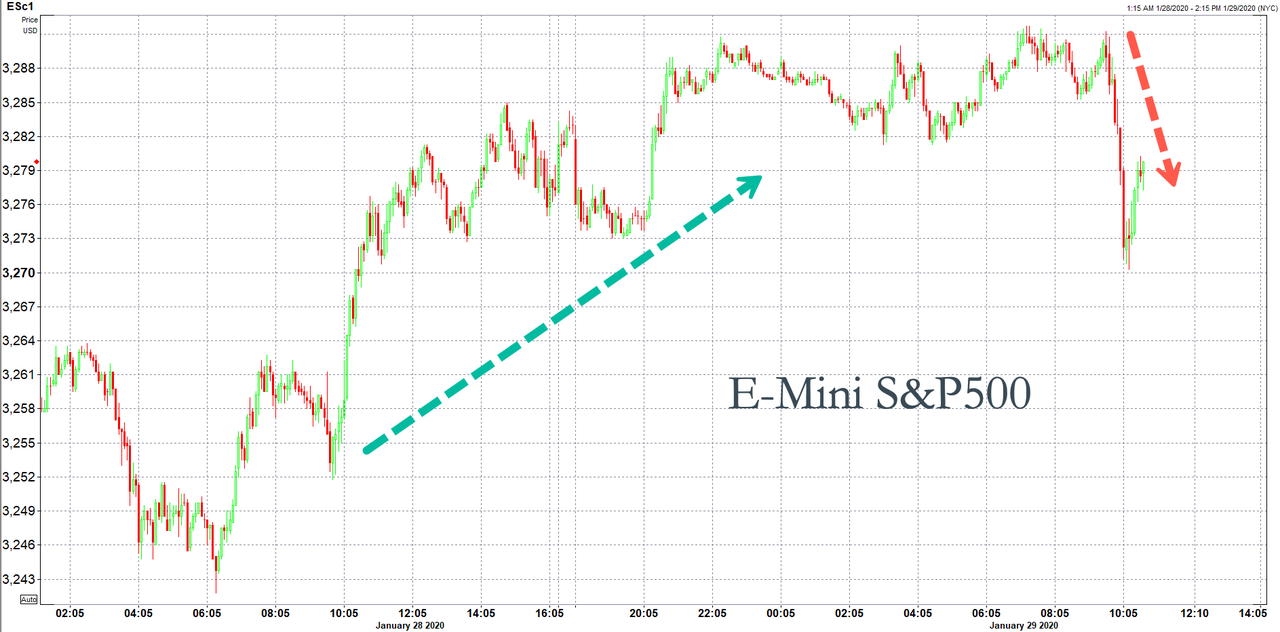America’s harsh anti-immigration policies under the Trump administration are hardly a good example for the rest of the world. But leave it to the supporters of Indian Prime Minister Narendra Modi to distort a well-intentioned American law for nefarious ends. They have dusted off something called the Lautenberg Amendment, an obscure Cold War-era law, to justify Modi’s anti-Muslim Citizenship Amendment Act (CAA).
Modi’s law has sparked massive protests in India and condemnation around the world. But his supporters claim there is no functional difference between America’s Lautenberg Amendment and India’s CAA.
A recent piece in News18, CNN’s Indian news site, dismissed the West’s reaction to the CAA as “ill-informed” because it “ignored the similarities to the U.S.’s Lautenberg Amendment.” Likewise, the HAF (the Hindu American Foundation), a U.S.-based outfit dedicated to fighting Hinduphobia, advises U.S. critics to read the Lautenberg Amendment before criticizing the CAA. Meanwhile, Modi supporters in the Indian-American community are petitioning the Seattle City Council to reject the “severely misguided, misinformed” anti-CAA resolution floated by one of its members because CAA is India’s Lautenberg.
But this is pure posturing meant to confuse the world.
It is true that America passed Lautenberg, named after the Democratic Jewish senator from New Jersey who sponsored it, in 1990 to hand Jews and Christians in the Soviet Union and some Southeast Asian countries—Vietnam, Cambodia, Laos—an expedited pathway to gain refugee status in America. Typically, prospective refugees have to individually prove they are facing persecution to gain admission (and they have to flee to another country and apply through international organizations like the United Nations). But Lautenberg created a presumption of persecution for Jews and Christians because of concerns that the political turmoil generated by the collapse of the Soviet Union might make them even more vulnerable to persecution than usual. So they had to show merely a generalized—not individualized—fear to be considered for admission. (Also sometimes they could apply directly from their home countries without fleeing first.) When Lautenberg was passed, International Refugee Assistance Project’s Betsy Fisher told The Week it created additional pathways to expand America’s relatively generous refugee program at the time (before the current administration gutted it).
What does the CAA do?
It fast-tracks citizenship for Hindus, Christians, Buddhists, Sikhs, Jains, and Parsees from Pakistan, Afghanistan, and Bangladesh who arrived in India before December 2014—but leaves out persecuted Muslims such as the Ahmaidyas from Pakistan or the Rohingya from Myanmar. In other words, it imposes a religious test for citizenship.
CAA’s supporters argue this is functionally similar to Lautenberg because just like Lautenberg, the CAA creates special channels for some groups without eliminating existing channels for any group. Muslims who are left out of the CAA can still access normal channels for admission, just like refugees not covered by Lautenberg can apply through usual channels.
But this analysis strains the truth at every level.
For starters, unlike the CAA, Lautenberg is a flexible, ongoing program, not a one-time deal. Its underlying purpose is to create a mechanism to rescue the most vulnerable religious groups in the world at any given time. Hence, the law has to be reauthorized every year at which point lawmakers have the option of revising the list of groups needing help. In 2004, Lautenberg was extended to Iran—and not just the Jews and Christians in the country but also the Baha’is, a religious sect that is considered heretical by Iran’s mullahs.
In other words, Lautenberg cuts against dominant prejudices while the CAA caters to them. Moreover, Lautenberg, laudably, aimed to admit more refugees into America, not create a discriminatory citizenship standard for those inside the country. When it comes to U.S. citizenship, one uniform standard applies to everyone regardless of race, caste, creed, religion, or nationality.
But the biggest lie that CAA supporters tell is that refugees not fast-tracked by the law can still avail normal channels, just like Lautenberg.
Lautenberg relaxed standards for some refugees to admit more in. The CAA admits not a single extra refugee. Furthermore, once admitted, refugees in America have a pretty straightforward path to citizenship. But India’s existing refugee and citizenship channels are a sick joke.
Unlike much of the world, India has studiously refused to sign the United Nations convention on refugees or other similar protocols. So it is under no obligation under international law to extend even minimal care or assistance to those fleeing to its shores. Moreover, note Ipsita Chakravarty and Vijayta Lalwani of Scroll.in, one of the few unafraid and honest publications left in India in the Modi era, India has no dedicated law that guarantees basic due process rights to refugees. It relies, instead, “on a thicket of other laws” and vague operating procedures to determine who has a “well-founded fear” of persecution.
This basically leaves refugees to the tender mercies of bureaucrats. The upshot unsurprisingly is that those groups the CAA targets for favoritism already get better treatment than the others from the Indian system.
Even before the CAA, note Chakravarty and Lalwani, Hindus fleeing Pakistan and Bangladesh were able to obtain driver’s licenses, bank accounts, and PAN cards (the equivalent of Social Security cards). They even got access to education and health-care facilities and can buy “small dwelling units for self-occupation and self-employment.” This is not a lot but it is a lot more than what the Rohingya or the Ahmadiyas get.
These groups have been herded into filthy camps and can’t even obtain SIM cards for cell phones. More shockingly, two years ago, when tens of thousands of Rohingyas were desperately trying to escape Myanmar because of the unspeakable brutality of the security forces, Modi declared the Rohingya refugees in India a “terror threat” and wanted to deport them back to their country to be slaughtered. Indeed, thousands of Rohingyas live in just five Indian cities but only 500 have been granted long-term visas.
In other words, referring these folks to “normal channels” means consigning them to either a sub-human existence in camps or certain death back home.
But the biggest lie that CAA supporters peddle is that the law won’t leave these groups any worse off. What the law’s proponents conveniently don’t acknowledge is that the CAA is only one arm of Modi’s pincer to disenfranchise Muslims on India’s soil. The other is the National Registry of Citizenship (NRC).
This registry, which Modi’s Muslim-baiting home minister has declared will be implemented nationwide by 2024, would require India’s 1.3 billion individuals to prove to the government that they are citizens. Every man, woman, and child in India will have to arrange papers showing, for example, that they have ancestors going back to a specified cutoff date, along with other requirements.
This is a near-impossible task for India’s poor and illiterate especially given the notoriously bad record-keeping at the municipal level—and the Modi government knows this. Indeed, if the pilot program in the province of Assam is any indication, the upshot of this exercise will be that hundreds of millions of Indians of all faiths will be unable to come up with the proper paperwork to make the cut.
The whole point of the CAA is to hand Hindus and other select groups who don’t make it on the NRC a way out while stripping citizenship rights from an untold number of India’s 140 million Muslims, not just recent refugees but also those with ties going back generations. The Modi government is reportedly building detention camps all over the country for those excluded from the NRC.
This is the opposite of Lautenberg—both in letter and spirit.
To be sure, Lautenberg has never fully lived up to its promise. Like the rest of the refugee program, it’s become hostage to competing special interests and the foreign policy whims of the sitting administration. And, shamefully, phony national security considerations have prevented the law from being extended to groups like the Iraqi Yazidis who were facing genocide by ISIS.
India has invoked bad American immigration laws for its nativist ends in the past. For example, a 2005 Indian Supreme Court ruling actually quoted from the U.S. Supreme Court’s notorious and largely discarded 1889 Chinese Exclusion decision to declare that “the highest duty of a nation” is to “give security against foreign aggression and encroachment” including from “vast hordes” of foreigners “crowding in upon us.”
But turning a well-intentioned American law on its head to justify the Modi government’s sinister designs is obscene. The world should see this insidious comparison by Modi cheerleaders for the disinformation campaign that it is: A new low.
This column originally appeared in The Week.
from Latest – Reason.com https://ift.tt/2SB0Lkj
via IFTTT
